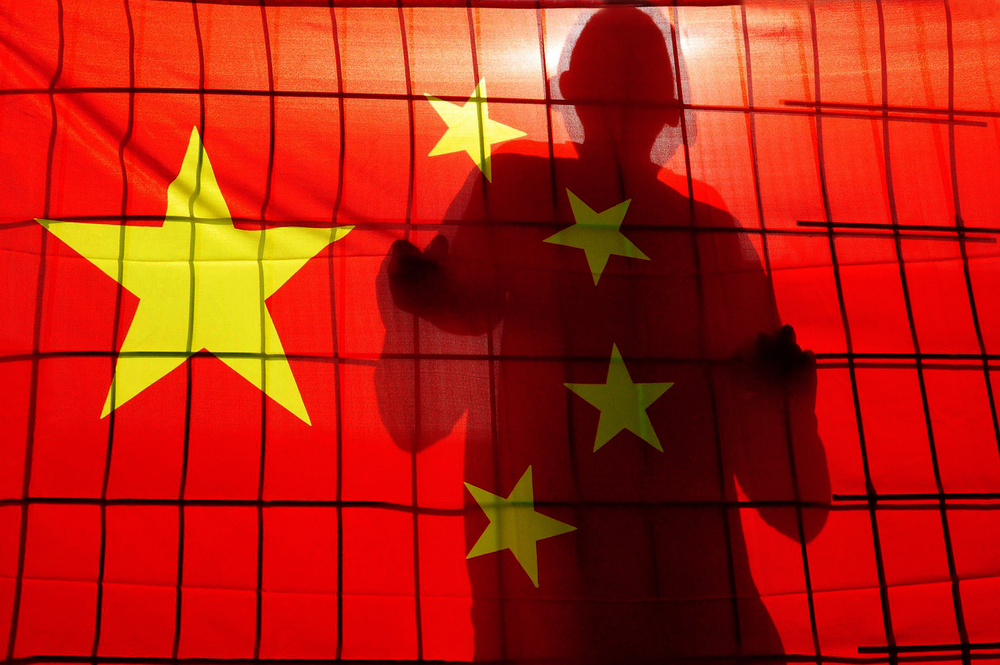A Wall Street Journal report of today (Stephanie Yang, “China’s Tech Clampdown Is Spreading,” June 6, 2021) suggests that the Chinese government is clamping down on tech companies just like the US and EU governments are doing, and often using the same rhetoric. Any economic theory of politics—in fact, any political theory—must be able to explain that. The WSJ writes:
Not a week seems to go by without Chinese regulators calling out tech companies for alleged offenses ranging from inconsistent pricing to imperiling user privacy to difficult working conditions. In May, China’s cyber regulator accused 105 apps, including short-video and job-recruitment apps, of illegally collecting and using personal data. It ordered the companies to fix their problems within three weeks or risk legal action.
The directives came days after another 117 apps were told to fix user-data problems. Regulators have also met with ride-hailing services for potential mistreatment of drivers, while internet firms have been ordered to reform their data and lending practices. Authorities have also criticized delivery platforms over what they view as deceptive pricing tactics.
Note the “legal action” expression. It may be partly an interpretation of the journalist or an attempt to make American readers understand, but both explanations hide that what is called “legal” does not mean the same in China as it does (or did) in the American and Western legal traditions. As Nobel economics prizewinner F.A. Hayek emphasized in his 1944 book The Road to Serfdom, the rule of law refers (or referred) not to anything decreed by established political authorities but to something governed by an abstract and general rule not aimed at any individual or specific group of individuals. It is well worth reading or rereading Hayek’s book, which shows how Western countries had already started ignoring the classical-liberal concept of the rule of law, starting with Germany in the 19th century. It is as if we in the West have been preparing to meet China halfway between liberty and tyranny!
Any general theory of the state, not only of a Chinese-type of totalitarian state but also of the continuous (or nearly continuous) growth of the democratic state in the US and in the West more generally, must explain why the state cannot avoid the totalitarian temptation. From different viewpoints, this is what Hayek and public-choice theory (including James Buchanan and the more radical version of Anthony de Jasay) tried to do. Although these theories are often very different, they are all anchored in classical liberalism and in modern economics. The practical goal of the state across its different forms is to gain monopoly power and only external constraints can prevent it from extending the scope of its rule. The Wall Street Journal story illustrates:
“The government would like to send a very clear message to all of these tech conglomerates that it’s the government who is in charge,” said Mark Natkin, managing director of Beijing-based industry research firm Marbridge Consulting. “Any notion otherwise ultimately won’t be tolerated.”
The tech companies are viewed, in China as in the democratic countries, as challenging the state’s monopoly on legitimacy and control.
As the state’s authority grows and attains a certain reach, Hayek noted, private individuals also learn to think—their incentives lead them to think—like the rulers want them to think. In line with what has been happening in the West (see my Econlog post on the politicized corporation), the Chinese case provides another illustration:
Tech companies have responded to the reprimands with pledges to be good corporate citizens.
It is of course the state and the majority or minority supporting it who decide what a “good corporate citizen” is.


READER COMMENTS
Thomas Lee Hutcheson
Jun 6 2021 at 3:07pm
Maybe.
Sometimes a cigar is just a cigar.
Pierre Lemieux
Jun 6 2021 at 11:59pm
Yes. But sometimes not. Analysis is useful to determine whether it is a cigar or something else, how much it costs to produce, and who will smoke it.
Thomas Lee Hutcheson
Jun 7 2021 at 5:38am
And this is that analysis?
Pierre Lemieux
Jun 7 2021 at 10:27pm
Thomas: I just quickly reviewed what analysts more intelligent than I have done, hoping that you would complete the job! Start with the citations and links perhaps?
Thomas Lee Hutcheson
Jun 8 2021 at 7:07am
On further reflection I agree this isn’t just a cigar. 🙂
Comments are closed.